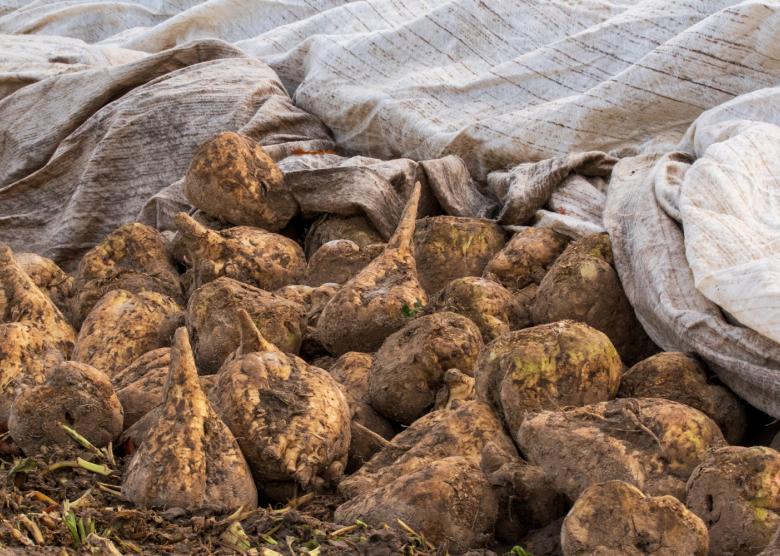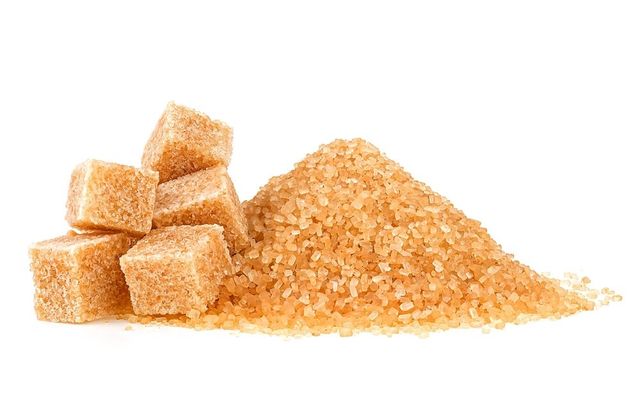The Impact of Beet Sugar vs Cane on Blood Sugar Levels and Diabetes Management
The Impact of Beet Sugar vs Cane on Blood Sugar Levels and Diabetes Management
Blog Article
The Great Dispute: Beet Sugar Vs Walking Stick and Their Influence On Health
The continuous discussion surrounding beet sugar and cane sugar increases essential inquiries regarding their particular wellness impacts and more comprehensive ramifications for consumer options. This discussion welcomes us to consider not simply the sweet taste we choose, however the far-ranging effects of those options on our wellness and the world.
Introduction of Sugar Resources
Sugar, a commonly eaten sugar, mainly originates from 2 primary sources: sugar beets and sugar cane. Sugar walking stick thrives in exotic and subtropical environments, with major manufacturers consisting of Brazil, India, and China.
Conversely, sugar beets are mostly expanded in temperate regions, with significant production in countries such as the USA, France, and Germany. The beets are harvested from the ground, sliced, and based on a process that converts the extracted juice into granulated sugar. While both sugar sources eventually yield sucrose, their agricultural methods, processing methods, and geographical circulations vary noticeably.
These differences can affect not only the ecological influence of sugar manufacturing but likewise the financial elements of sugar prices and trade. Comprehending the origins of these sweeteners is vital for policymakers and customers alike, as it lays the foundation for notified discussions about their health and wellness implications and sustainability.
Nutritional Contrast
When checking out the dietary accounts of beetroot sugar and walking cane sugar, both sources share a similar structure as they mainly contain sucrose. Sucrose is a disaccharide, made up of sugar and fructose, and is in charge of the sweet taste linked with both sugars. The refining procedures for both beet and cane sugar yield products that are primarily pure sucrose, with minimal traces of vitamins, minerals, or other nutrients.
In terms of calorie web content, both beet and cane sugars offer roughly 4 calories per gram. Neither kind of sugar uses substantial nutritional advantages past power arrangement, as they lack important vitamins or minerals. The visibility of trace components, such as calcium, potassium, and magnesium, can differ a little between the two, primarily due to the farming methods and soil conditions in which they are expanded.
Furthermore, the glycemic index worths of beet sugar and walking cane sugar are similar, showing comparable effects on blood sugar degrees. Overall, from a dietary perspective, beetroot and walking stick sugars are functionally equivalent, contributing primarily to calorie intake without providing substantial health advantages over one an additional.
Health Implications
The health ramifications of consuming beet sugar and cane sugar warrant cautious consideration, especially given the increasing occurrence of sugar-related health issues. Both kinds of sugar add similar caloric values and can lead to enhanced threats of obesity, kind 2 diabetes mellitus, and heart diseases when eaten over. The body metabolizes both sugars right into glucose, which can create spikes in blood sugar degrees, bring about insulin resistance over time.
While there is recurring dispute regarding the glycemic index of these sugars, studies suggest that both can adversely influence metabolic health if consumed in large amounts. beet sugar vs cane. Furthermore, the prospective existence of contaminants in beet sugar, such as pesticides from traditional farming practices, increases further health worries. On the other hand, walking cane sugar, particularly when minimally refined, may provide a somewhat much more positive account because of its all-natural state
Moreover, the consumption of added sugars, regardless of the source, is connected to adverse health outcomes, including dental issues and fatty liver disease. As a result, moderation is vital, and individuals should be mindful of their total sugar intake from all resources, ultimately focusing on entire foods over included sugars for ideal wellness results.
Ecological Impact
Recognizing the wellness effects of beet and cane sugar likewise causes an evaluation of their ecological influence, which can substantially affect farming sustainability and environmental equilibrium. Both sugar resources have distinct environmental impacts, formed by their growing methods and geographical needs.

In comparison, beet sugar is commonly grown in temperate environments and commonly entails varied plant rotations. This technique can improve dirt health and wellness and decrease reliance on chemical inputs. Extensive beet farming can likewise lead to nutrition deficiency and parasite stress if not handled sustainably.
Both sugar types present obstacles and chances for environmental stewardship. Advertising lasting agricultural methods and anchor responsible sourcing can minimize their impacts, making sure that sugar production lines up with ecological preservation and long-lasting food safety.
Customer Preferences
In the middle of growing understanding of health and ecological problems, consumer preferences for sugar types are increasingly influenced by understandings of wellness benefits, sustainability, and ethical sourcing. Beetroot sugar and walking stick sugar each present distinct attributes that interest various customer demographics.
Health-conscious customers frequently inspect the nutritional profiles of these sugars, looking for options perceived as much less processed or even more natural. Walking stick sugar, frequently concerned as the standard sweetener, is in some cases favored for its perceived pureness and Get More Information simpleness. In contrast, beetroot sugar, which is regularly originated from genetically modified plants, encounters skepticism amongst those concerned about GMOs.
Sustainability is another significant factor affecting customer options. As understanding of agricultural practices expands, lots of consumers select items that align with eco-friendly farming techniques. Walking cane sugar manufacturing, specifically when sourced from lasting ranches, can interest eco-conscious customers.
Ethical sourcing plays an essential duty too, with consumers increasingly favoring items that sustain fair labor practices. Accreditations such as Fair Trade can improve the appearance of walking cane sugar in the market. Ultimately, consumer preferences are shaped by a complex interaction of wellness, ecological, and ethical factors to consider, driving demand for both beet and walking stick sugars in diverse markets.
Conclusion
In verdict, the dispute between beet sugar and walking stick sugar incorporates numerous aspects, consisting of dietary accounts, health and wellness implications, and ecological consequences. beet sugar vs cane. While both sugars largely consist of sucrose and show similar calorie content, worries pertaining to pesticide usage in beetroot sugar and the eco-friendly impact of cane sugar monoculture warrant mindful factor to consider. As customers increasingly prioritize sustainability and health and wellness, educated selections regarding sugar usage come to be crucial in promoting overall wellness and environmental stewardship

Report this page